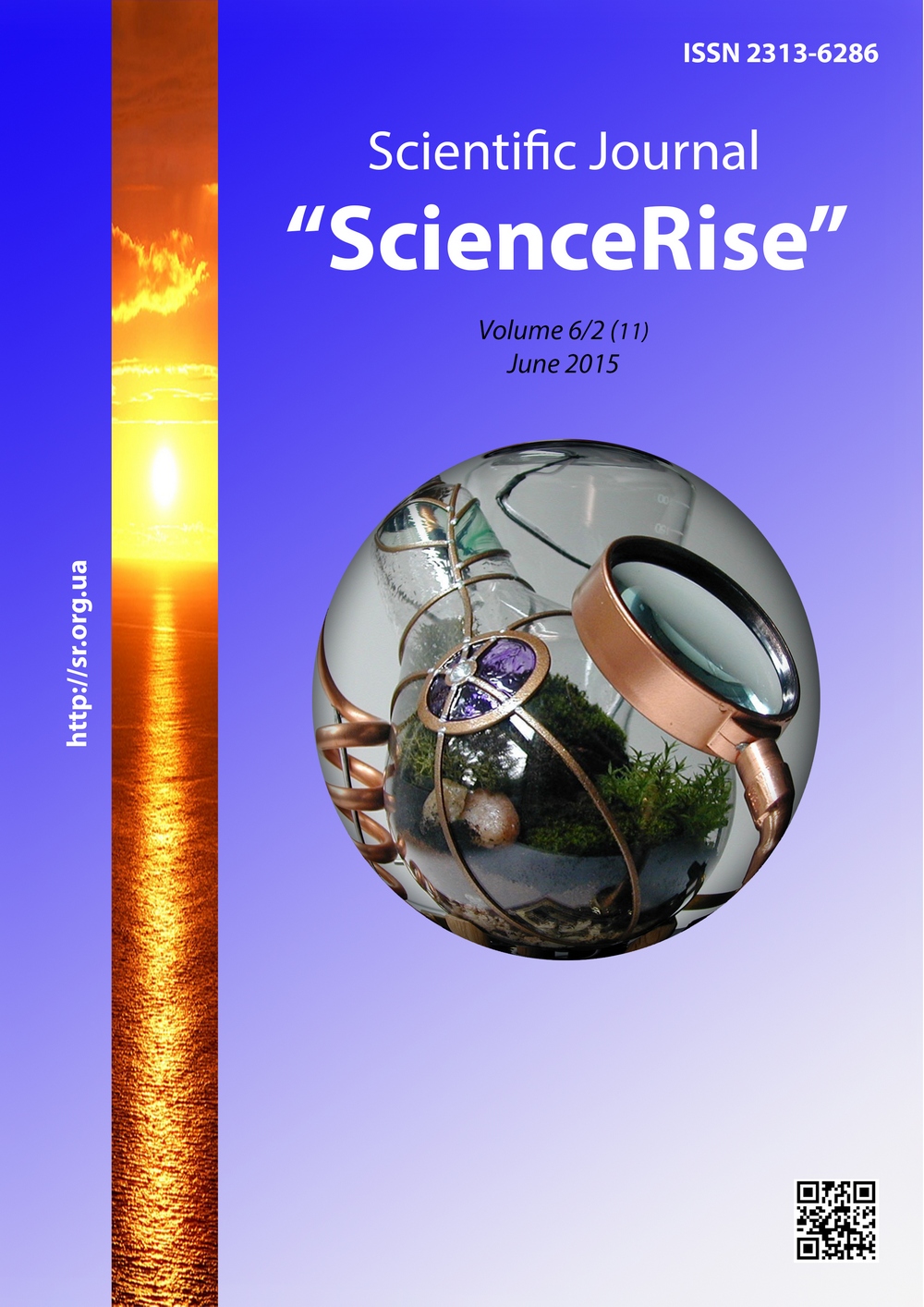Дослідження доцільності використання систем підтримки прийняття рішень в медицині. аналіз недоліків та підхід до їх усунення
DOI:
https://doi.org/10.15587/2313-8416.2015.44356Słowa kluczowe:
МІС, СППР, медицина, інтелектуальні системи, експертні системи, математичне та статистичне моделюванняAbstrakt
У даній статті розглянуто доцільність використання систем підтримки прийняття рішень у сучасній медицині, проведено літературний огляд проблеми та наведена статистика збитків. Також окреслено основні підходи, інструменти та принципи розробки інтелектуальних систем, проаналізовані існуючі СППР, виділені їх недоліки і приведені рішення для усунення типових помилок при розробці систем підтримки прийняття рішень
Bibliografia
Eikе-Нenner, W. K. (2010). E-Health and its chаllеngеs. Healthсarе IT Manаgemеnt, 2 (5), 32–33.
Shulman. I. Medical Information Systems "axiom of usability". Available at: http://www.pcweek.ru/themes/detaiI.php?ID=73462
Khalafyan, A. (2008). Modern statistical methods for medical research. Moscow: LKI (URSS), 316.
Dick, V. (2001). The Methodology of forming solutions in information systems and tools to support them. Moscow: Finances and Statistics, 297.
Abstracts of the 3rd conference of International Forum «MedSoft- 2006" (2006). Mosow.
.Symankov, B. C., Khalafyan, A. A. (2010). Systemic approach for development of medical support system solutions. Proceedings of the higher educational institutions. Severokavkazskyy region. Technical science, 1, 29–30.
##submission.downloads##
Opublikowane
Numer
Dział
Licencja
Copyright (c) 2015 Юлія Валеріївна Антонова-Рафі, Владислав Ігорович Московський

Utwór dostępny jest na licencji Creative Commons Uznanie autorstwa 4.0 Międzynarodowe.
Our journal abides by the Creative Commons CC BY copyright rights and permissions for open access journals.
Authors, who are published in this journal, agree to the following conditions:
1. The authors reserve the right to authorship of the work and pass the first publication right of this work to the journal under the terms of a Creative Commons CC BY, which allows others to freely distribute the published research with the obligatory reference to the authors of the original work and the first publication of the work in this journal.
2. The authors have the right to conclude separate supplement agreements that relate to non-exclusive work distribution in the form in which it has been published by the journal (for example, to upload the work to the online storage of the journal or publish it as part of a monograph), provided that the reference to the first publication of the work in this journal is included.

